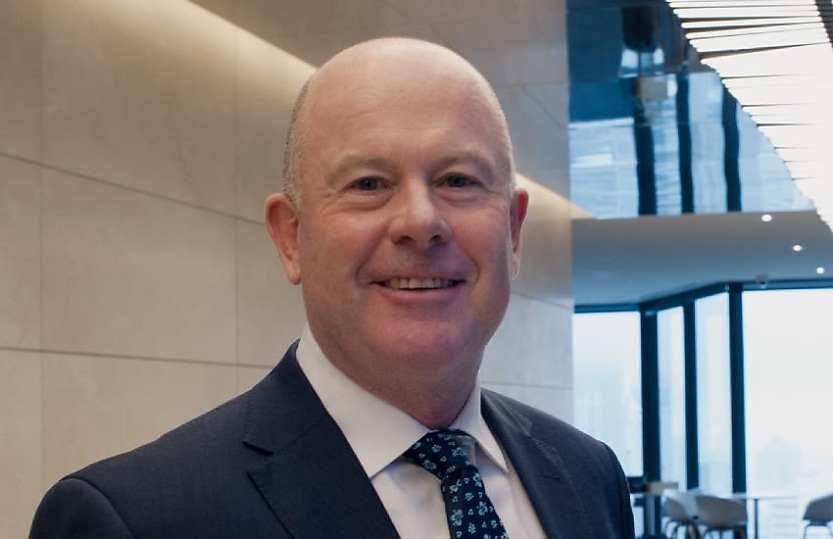CEOs confident despite economic headwinds, survey finds

Local bosses cite cyber crime, the cost of living and trade regulations as key threats to growth, KPMG says.
Australian CEOs are more bullish than their overseas counterparts with one-third expecting growth of over 5 per cent in the short-to-medium term but almost a quarter also predict job losses, a KPMG survey finds.
The firm’s annual CEO Outlook revealed almost 80 per cent of international leaders were optimistic about the economy although a similar number said high interest rates and tight monetary policy could prolong a downturn.
Key threats to growth for Australian CEOs included cyber crime/insecurity (84 per cent), cost of living (82 per cent), trade regulation (74 per cent) and disruptive technology (70 per cent).
On issues other than the economy, generative AI was named as the number one investment priority by 70 per cent of all respondents but just 56 per cent of Australians, who viewed pay-back as taking longer than their overseas counterparts and two-thirds believed there were ethical challenges in using AI and lack of regulation (62 per cent).
“I am not surprised to see generative AI at the top of the investment priorities for CEOs, given its vast potential to transform business processes, but I am encouraged to see that business leaders do not view it as a threat to their employees, but on the contrary as a driver of job creation,” Mr Yates said.
Almost 70 per cent of Australian CEOs said AI might help fight cyber threats but could also provide new attack strategies for adversaries while 41 per cent felt they were underprepared for an attack.
With mandatory ESG reporting on the horizon, four out of five Australian CEOs admitted progress on the issue would fail to withstand scrutiny by stakeholders or shareholders. Their biggest problems (30 per cent) were the higher costs and increased difficulty of raising capital.
Overall, the ESG investment priority was addressing decarbonisation and climate change goals with main obstacles to ambitions a lack of expertise (28 per cent) and the complexity of decarbonising supply chains (28 per cent).
“It is notable that despite the huge current focus on ESG, many companies still have concerns about their ability to withstand rising external scrutiny in this area,” Mr Yates said.
On working from home, two-thirds of CEOs expect all white-collar staff to be fully back in the office in three years, with only a minority predicting hybrid or fully remote working.
Almost all CEOs were prepared to reward employees who made the effort to return.
“While talent has, perhaps surprisingly, slipped down the list, challenges remain over the short term as the labour market remains tight with unemployment at a low 3.7 per cent and businesses compete for the same scarce skills in cyber and tech to fuel investment priorities like AI and address threats to growth in cyber-crime/insecurity.
“At an overall level, the market for talent is becoming more accessible, but nowhere close to pre-COVID levels. With companies trying to attract the same talent, those offering an appealing employee value proposition and culture will succeed.”
The 2023 KPMG Global CEO Outlook quizzed 1,325 CEOs, including 50 from Australia, during August and September.
About the author

